
One verse, five voices. Edited by Nina Litvak and Salvador Litvak, the Accidental Talmudist
And now, O Israel, hearken to the statutes and to the judgments which I teach you to do, in order that you may live, and go in and possess the land which the Lord, God of your forefathers, is giving you.
– Deut. 4:1
Rabbi Lori Shapiro
Artistic Director Open Temple
The concept of God as a teacher is not something that we talk about these days. It seems that most of the troubles afflicting our souls spring from everyone already knowing what God wants of us; in fact, many are experts in implementing these assumptions.
The most important word in this parsha is “m’lamaid” – as in, “I am instructing” — as in God is our teacher. With AI and ChatGPT on the brink of overtaking the space our minds have formally inhabited, maybe this is a good time to pay attention to this idea: God is still teaching us today.
The rest of the verse is specious and interpreted wildly; every generation understands it and implements according to their time so “we may live and enter and engage with the land as a holy inheritance that ties us to our ancestors.” However, it takes humility to be a good student, and that middah is the opposite of what is trending these days.
Rabbi Jonathan Sacks shared some essential insights into humility: True humility is mindlessness of self. An anav (the biblical word used for humble person) is one who never thinks about himself because he has more important things to think about. I once heard someone say about a religious leader: “He took God so seriously that he didn’t need to take himself seriously at all.”
May we all find humility and favor curiosity, which breeds compassion, as we find our way back as Students of God.
Rabbi Avraham Greenstein
AJRCA Professor of Hebrew
The Vilna Gaon sees in this verse an explicit echo of the Shema, except that instead of “Hearken, O Israel,” the verse reads “O Israel, hearken.” Given the difference in the order of the wording, the Gaon notes in this verse a certain emphasis on the name Israel. He interprets it as such: Much like Israel the Patriarch who felt reassured at the end of his life that his children were united in their commitment to God’s unity, Moses is here looking for reassurance at the end of his own life that the Children of Israel are committed to God’s instruction. Similarly, just as the Patriarch Israel made sure to instruct and to bless his children before his death, so does Moses.
Moses here speaks of how he teaches God’s word to his charges, the Children of Israel. This parallels the Shema’s imperative that each of us teach God’s word to our children. Several commentaries dwell on how Moses is specifically teaching the Children of Israel “to do.” These commentaries highlight how learning is a key Jewish value because it informs what one does. The purpose of learning is realized through its application, and the purpose of teaching is to inspire action.
May all the Torah we learn find expression in our actions. May our deeds reassure our ancestors that their efforts to guide us were not in vain. May we apply our deepest sincerity to affirming God’s unity in everything we do. May we merit the blessings of Israel.
Rabbi Cheryl Peretz
Vice Dean, Ziegler School of Rabbinic Studies at AJU
Throughout the book of Deuteronomy Moses recounts and reviews God’s instructions to the Israelites. With urgency, this verse reminds our ancestors that the moment is now to heed God’s call lest the Divine promise be recalled.
One reading is certainly as a cautionary mandate where the consequence of ignoring results in punishment of exile or, worse yet, death. Still, there is also another, more plausible reading, one of invitation and possibility, as a call to action to study the passages anew for this moment’s comprehension and significance.
In this reading, Moses invites our people to reexamine earlier Divine instruction as a path to fully living and achieving the promise of redemption in the land. Look at the laws, really hear them, and live them now! In fact, this is consistent with understanding one of the common names of Deuteronomy itself, Mishneh Torah, a second retelling of what came before.
The Talmud teaches that a lesson repeated 40 times is guaranteed to take root in one’s memory as if it were placed in the pocket (Pesachim 72). Elsewhere, our rabbis suggest that even after 100 times, it is better to return to a learning one more time. (Chagiga 9). The exact number is debatable. Nevertheless, what is clear is that important lessons are rarely learned or remembered in one telling. Then and now, our commitment remains to retooling and re-teaching to uncover new insights and understandings on the path to individual and collective fulfillment of the Divine mission.
Now, heed the call.
Rabbi Rebecca Schatz
Associate Rabbi at Temple Beth Am, Los Angeles
Listen. I will teach you. You will act and you will live. At first, this verse reads as frustrating and offensive. Instead of compassionate understanding, this verse seems to be more “listen and do as they are told, or else!” However, if we choose to see the positive in the list of listen-teach-act and live, we see a beautiful transition of growth and gaining a skill of active listening for change.
For those who are born with the blessing of hearing, that does not mean they are born with the blessing of listening. Many people can hear, but only those that learn to listen can do so productively and with intention and care. Rabbeinu Bachya comments in Pirkei Avot 1:17 that this verse is reminding us that studying is not the main purpose of Torah but rather living the values, mitzvot and rituals that we learn to connect us. If we listen to the laws put in front of us and can come to see the essence in their teaching, only then can we build a fulfilling life around their meaning.
Today we are forced to hear lots of voices. Some are worth listening to and taking action to learn from. According to this verse, we must listen-learn-act and only then can we live. Find the voices worthy of listening to so that we can gain the moral knowledge to create a better, more compassionate earth, and live amongst those interested in building a world of peace, of harmony and of justice.
Abe Mezrich
Poet/Author: “Words of a Dazzling Firmament”
If it is a gift from the God of their forefathers – past and destiny and God all wrapped up – no one is more deserving of any gift than they are of this.
They should walk right in.
Not so fast, Moses says. Before you enter, you must answer first:
How do you live? What are your actions? Where is your heart?







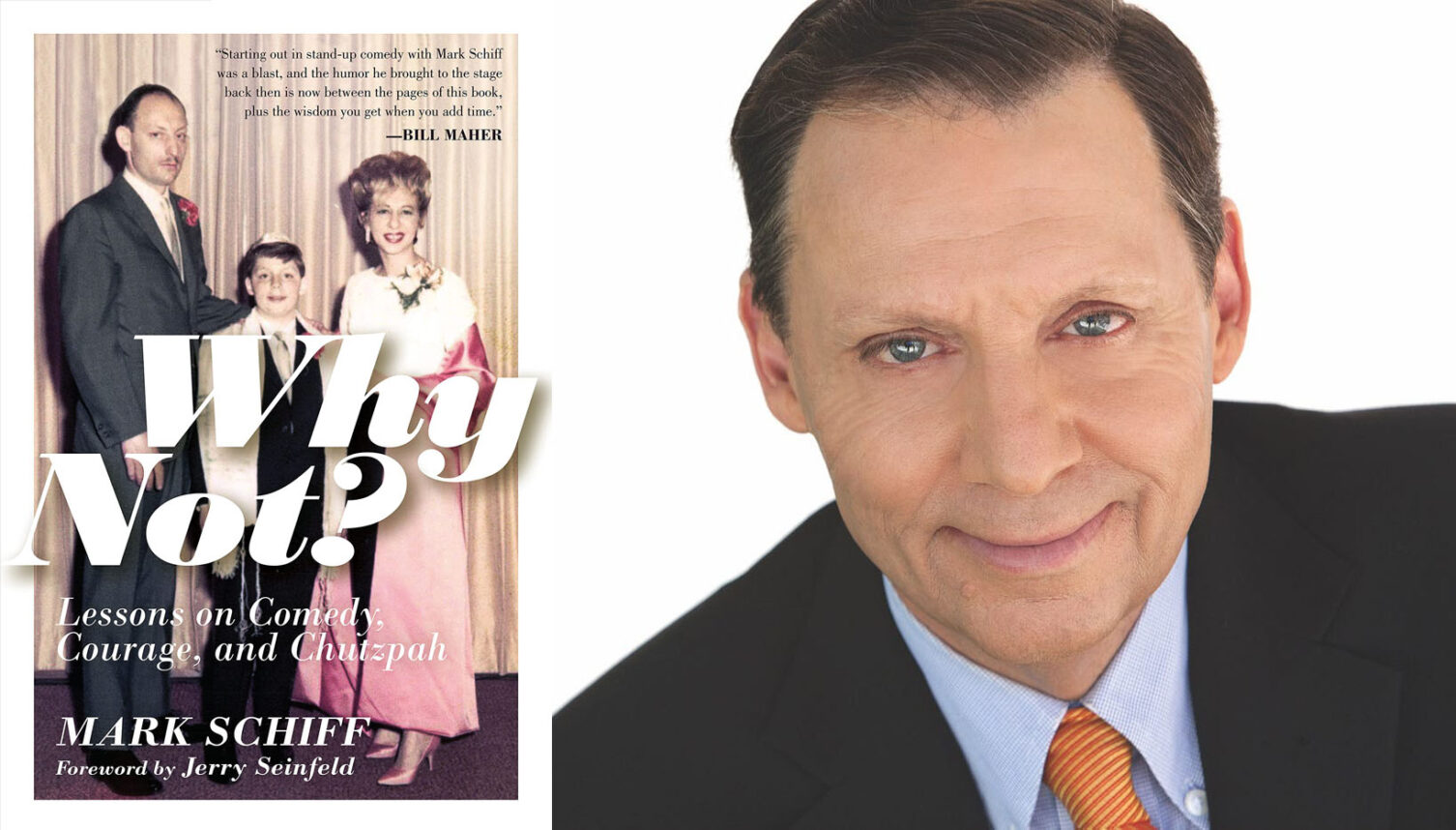
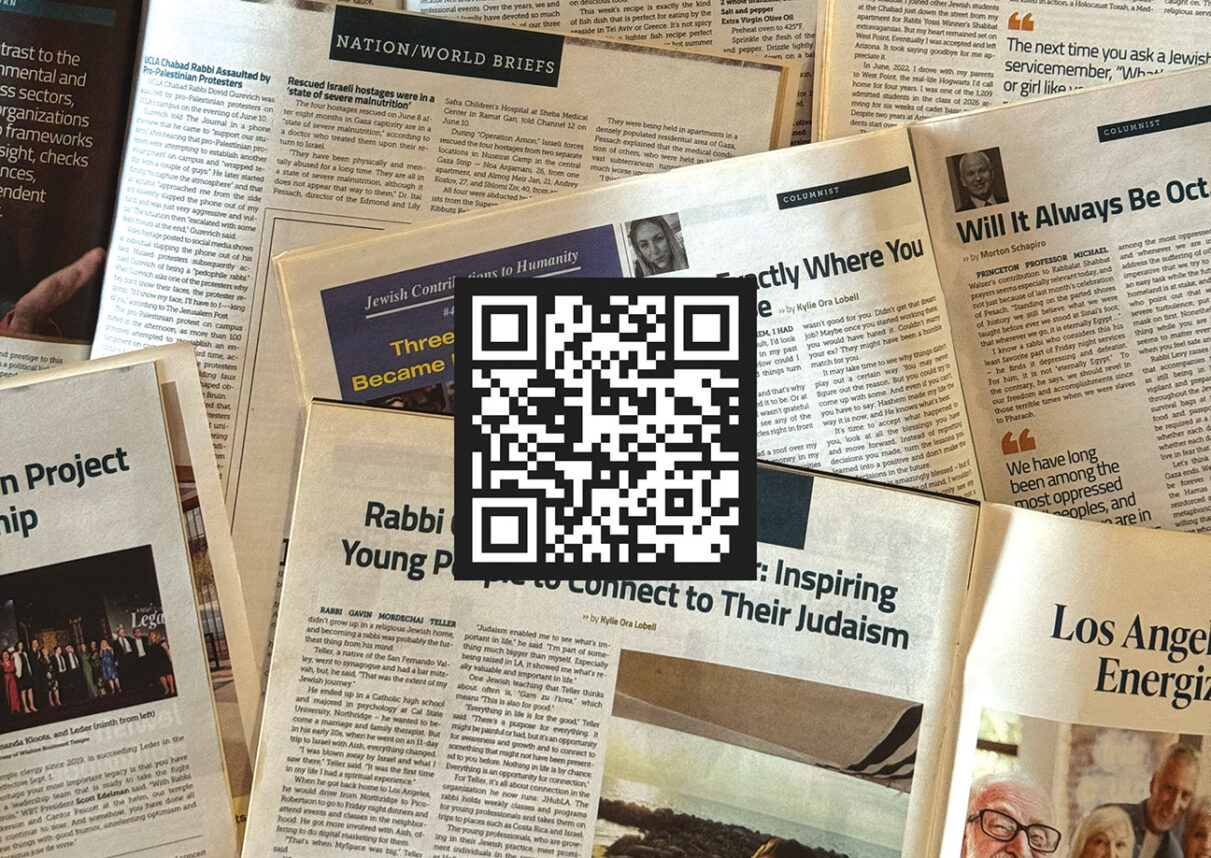
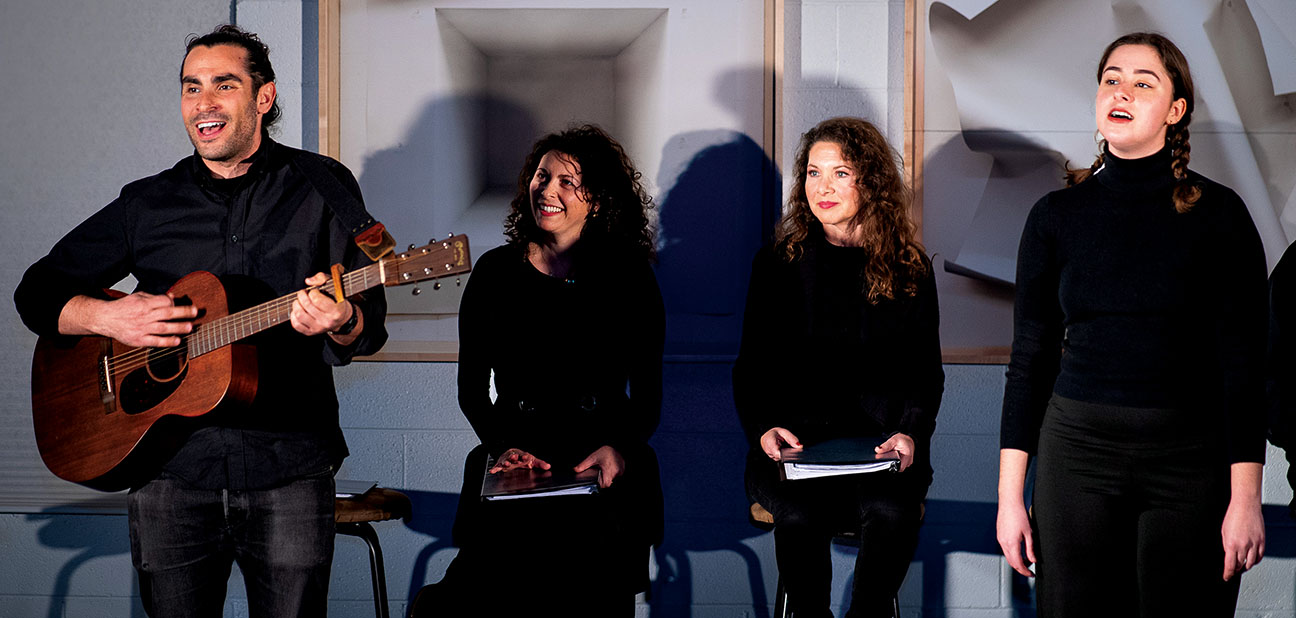








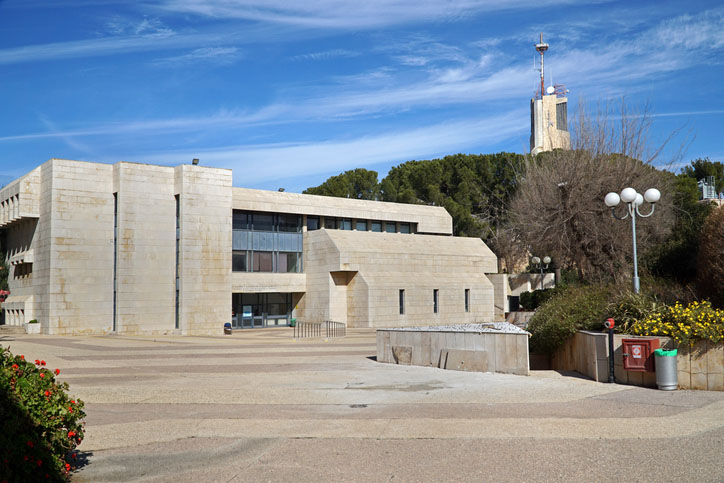







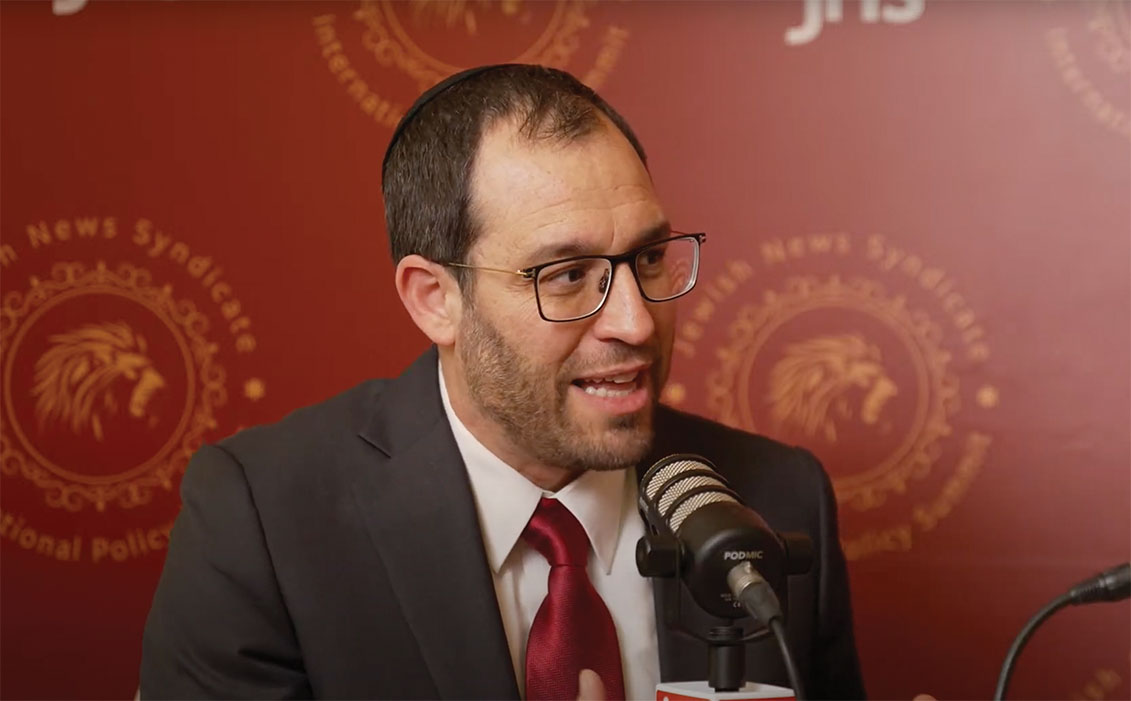

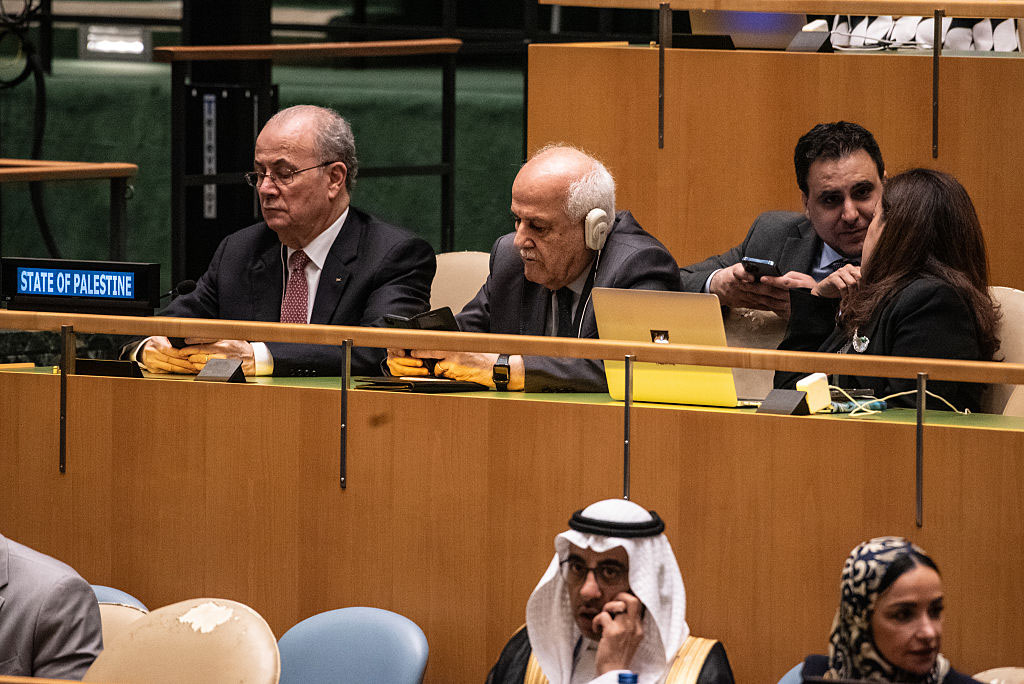


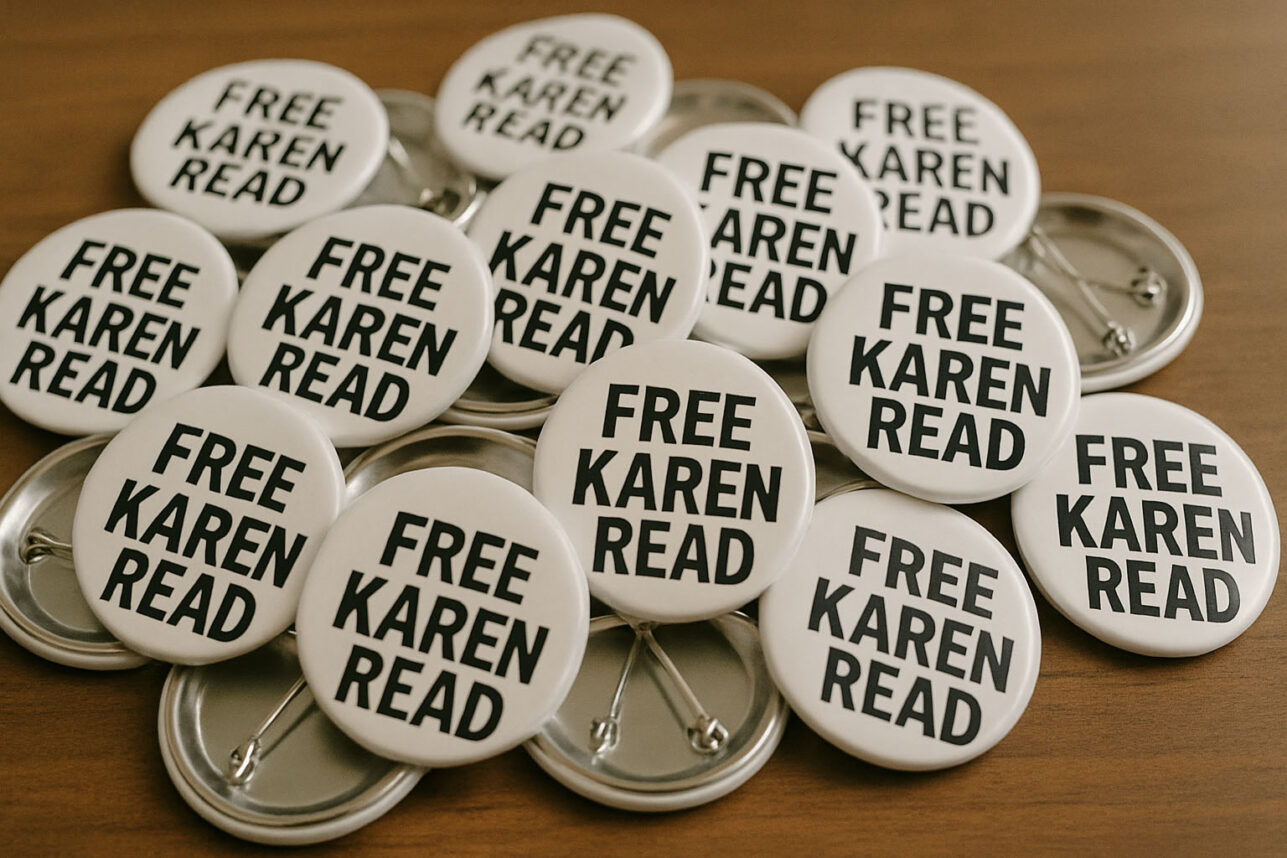
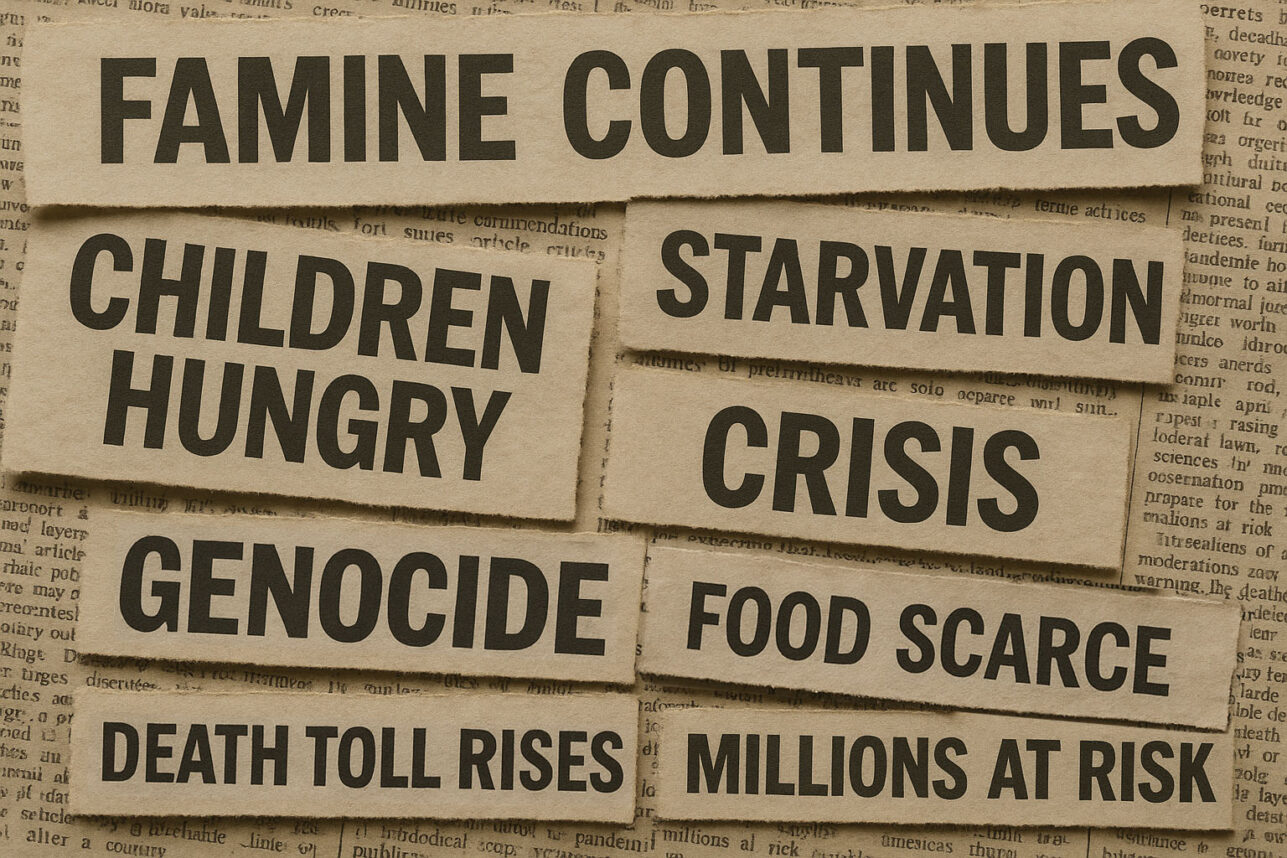

 More news and opinions than at a Shabbat dinner, right in your inbox.
More news and opinions than at a Shabbat dinner, right in your inbox.